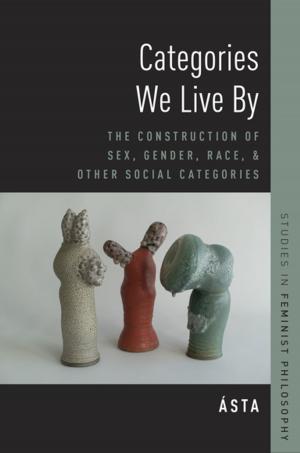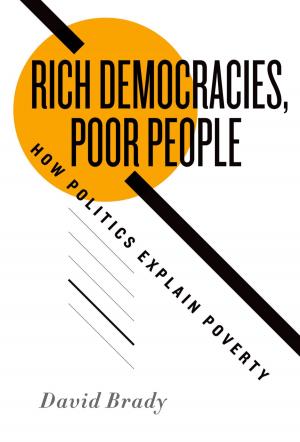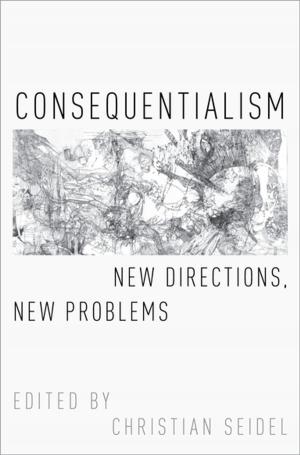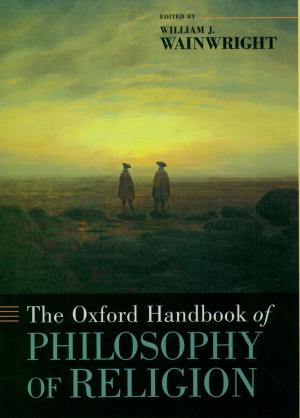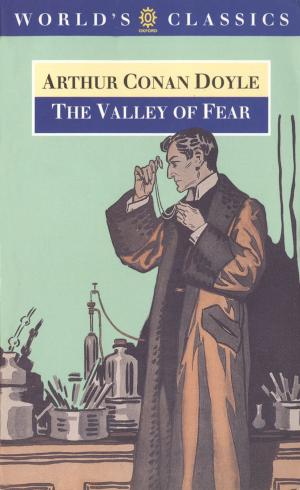Music and the Broadcast Experience
Performance, Production, and Audiences
Nonfiction, Entertainment, Music, Theory & Criticism, Appreciation, Reference| Author: | ISBN: | 9780190619534 | |
| Publisher: | Oxford University Press | Publication: | August 2, 2016 |
| Imprint: | Oxford University Press | Language: | English |
| Author: | |
| ISBN: | 9780190619534 |
| Publisher: | Oxford University Press |
| Publication: | August 2, 2016 |
| Imprint: | Oxford University Press |
| Language: | English |
Music and the Broadcast Experience explores the complex ways in which music and broadcasting have developed together throughout the twentieth and into the twenty-first centuries. It brings into dialogue researchers working in media and music studies; explores and develops crucial points of contact between studies of music in radio and music in television; and investigates the limits, persistence, and extensions of music broadcasting in the Internet era. The book presents a series of case studies that address key moments and concerns in music broadcasting, past and present, written by leading scholars in the field, who hail from both media and music studies. Unified by attentiveness both to musical sound and meaning and to broadcasting structures, practices, audiences, and discourses, the chapters in this collection address the following topics: the role of live orchestral concerts and opera in the early development of radio and their relation to ideologies of musical uplift; the relation between production culture, music, and television genre; the function of music in sponsored radio during the 1930s; the fortunes of musical celebrity and artistic ambition on television; questions of music format and political economy in the development of online radio; and the negotiation of space, community, and participation among audiences, online and offline, in the early twenty-first century. The collection's ultimate aim is to explore the usefulness and limitations of broadcasting as a concept for understanding music and its cultural role, both historically and today.
Music and the Broadcast Experience explores the complex ways in which music and broadcasting have developed together throughout the twentieth and into the twenty-first centuries. It brings into dialogue researchers working in media and music studies; explores and develops crucial points of contact between studies of music in radio and music in television; and investigates the limits, persistence, and extensions of music broadcasting in the Internet era. The book presents a series of case studies that address key moments and concerns in music broadcasting, past and present, written by leading scholars in the field, who hail from both media and music studies. Unified by attentiveness both to musical sound and meaning and to broadcasting structures, practices, audiences, and discourses, the chapters in this collection address the following topics: the role of live orchestral concerts and opera in the early development of radio and their relation to ideologies of musical uplift; the relation between production culture, music, and television genre; the function of music in sponsored radio during the 1930s; the fortunes of musical celebrity and artistic ambition on television; questions of music format and political economy in the development of online radio; and the negotiation of space, community, and participation among audiences, online and offline, in the early twenty-first century. The collection's ultimate aim is to explore the usefulness and limitations of broadcasting as a concept for understanding music and its cultural role, both historically and today.

